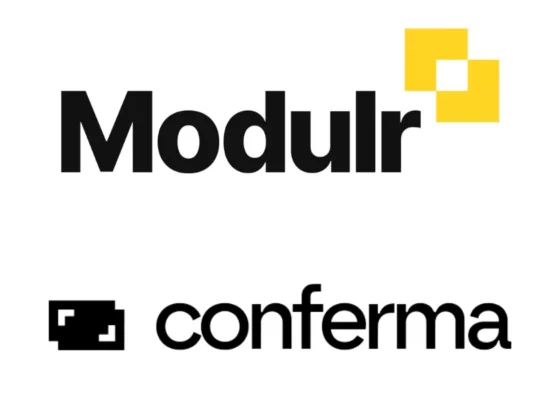
Discover how guest sentiment analysis revolutionizes hotel services by enhancing satisfaction and improving the overall guest experience.
When it comes to the hospitality industry, the guest experience reigns supreme. Hotels strive to provide exceptional service, personalized attention, and a memorable stay for their guests. In today’s digital age, understanding and utilizing guest sentiment is pivotal in creating a great guest experience.
We all know that numbers (or quantitative data) are the name of the game – tracking revenue, ADR, occupancy rates, scores – but the “why” behind those, especially when it comes to scores, is the ultimate key to success. Diving into the granular details of qualitative data, or sentiment analysis will provide insights that numbers alone can’t provide.
So, what exactly is guest sentiment, and how can hotels harness it to elevate guest satisfaction?
Understanding Guest Sentiment
Guest sentiment refers to the feelings, opinions, and attitudes expressed by guests regarding their experiences with a hotel. This can be conveyed through various channels such as online reviews, social media posts, direct feedback, and survey responses. Analyzing guest sentiment allows hotels to gauge overall satisfaction levels, identify areas for improvement, and tailor their services to meet guest expectations.
Listening to Your Guests
To effectively use guest sentiment to enhance the guest experience, hotels must actively listen to their guests. Implementing systems to collect feedback, such as post-stay surveys, online review monitoring, and social media tracking, is crucial. By listening to what guests are saying, hotels can gain valuable insights into their preferences, concerns, and overall satisfaction.
In the digital era, hotels have access to advanced guest sentiment analysis tools, such as TrustYou, that can automatically analyze and categorize guest feedback. TrustYou can identify sentiments as positive, negative, or neutral, and extract important keywords and themes from guest reviews and comments. By leveraging this information, hotels can gain a deeper understanding of guest sentiment at scale, enabling them to make data-driven decisions to enhance the guest experience.
Tailoring Services Based on Guest Preferences
One of the most impactful ways to utilize guest sentiment is by tailoring hotel services based on guest preferences. By analyzing sentiment data, hotels can identify common themes and preferences among guests. For example, if there is overwhelming positive sentiment towards the hotel’s breakfast offering, the hotel may consider expanding breakfast hours or introducing new menu items to better that particular guest offering.
Addressing Negative Feedback Proactively
Negative feedback can be a goldmine of opportunity for improvement. Hotels that actively engage with and address negative feedback demonstrate a commitment to guest satisfaction. By promptly addressing concerns voiced by guests, hotels can turn a negative experience into a positive one, showcasing their dedication to providing exceptional service.
Empowering Staff with Guest Sentiment Insights
Hotel staff play a pivotal role in shaping the guest experience. By sharing guest sentiment insights with frontline staff, hotels can empower their team members to personalize their interactions with guests. For example, if a guest has expressed particular fondness for the hotel’s spa services, the staff can offer personalized recommendations or special perks to enhance the guest’s stay.
Performance Evaluation and Operational Improvements
Analyzing guest sentiment can shed light on operational inefficiencies or areas for improvement within the hotel. By identifying recurring issues or pain points through sentiment analysis, hotels can take proactive measures to enhance the overall guest experience. This may include refining processes, upgrading amenities, or providing additional training to staff members.
Measuring Guest Sentiment and Tracking Progress Over Time
Tracking and measuring guest sentiment over time allows hotels to benchmark their performance and monitor the impact of their initiatives. By establishing key metrics to measure sentiment, such as Net Promoter Score (NPS) or sentiment analysis ratings, hotels can gain insights into the effectiveness of their efforts to enhance the guest experience.






